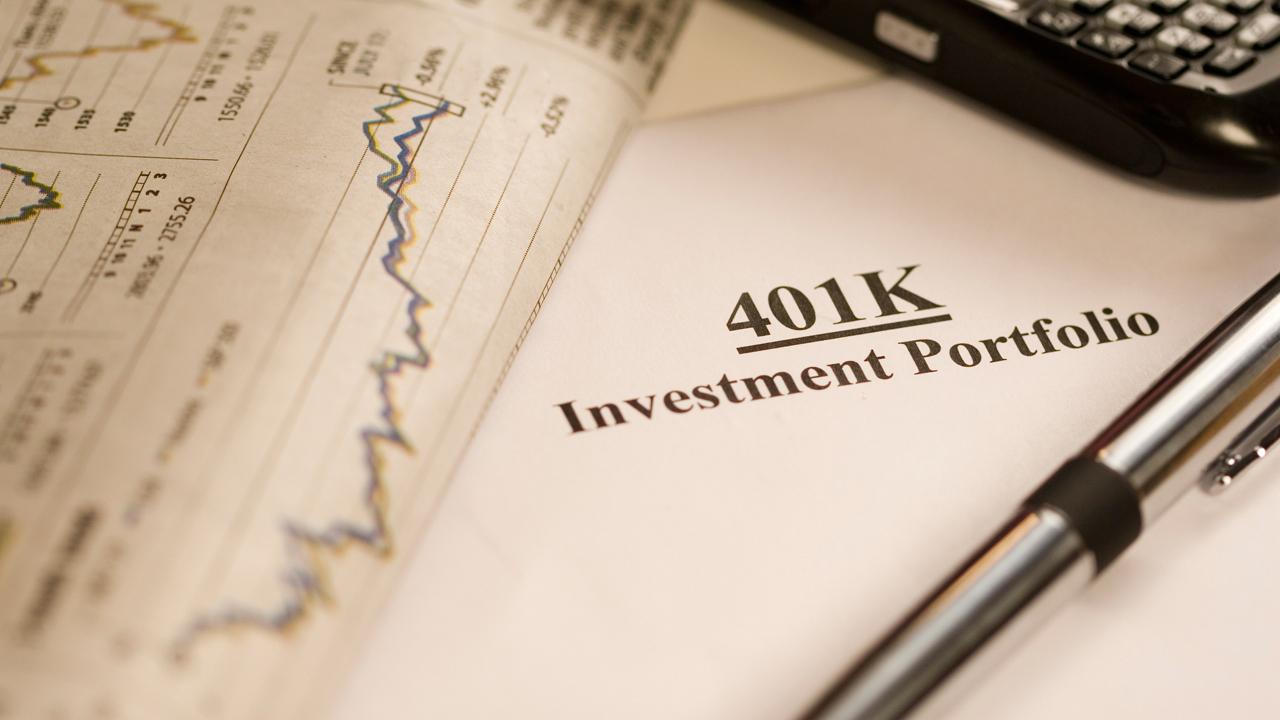
Stocks are an integral component of many 401(k) retirement plans, yet if unprepared; an unexpected stock market crash can severely diminish savings and ruin retirement savings plans.
Though it can be heartbreaking to watch your account balance diminishes, remember that markets don’t just rise; they also fall. Here are some strategies for protecting your 401k against stock crashes.
Table of Contents
1. Don’t Panic

Source: https://smartasset.com/retirement/how-to-protect-your-401k-from-stock-market-crash
Your 401(k) is the foundation of your retirement plan. Over your working lifetime, you have – at some point – thought to yourself, “Hey is there some way how to protect my 401k from stock market crash?” Well, you’ve contributed money into it – so now it’s important that it stays safe when markets crash! Luckily, there are ways you can safeguard it against such events.
An important thing you can do when the market falls is remain calm and not panic. While it may be easy to become overwhelmed with fear over losing retirement savings, doing so only serves to set you back over time.
Remembering the impact of market crashes won’t spell doom for stocks – and sticking with a long-term investment plan during any downturn – is keys to survival.
Maintaining a well-diversified and rebalanced portfolio is also crucial to long-term financial security. Most financial advisors recommend the 60/40 rule for diversifying your assets among stocks and bonds – this can help prevent major losses while simultaneously growing your 401(k).
As part of your investment strategy, it’s also crucial that you select companies you understand and can trust, so as to remain calm during a crash and prevent unwise decisions that could harm your bottom line.
Before investing in your 401(k), take time to conduct a risk evaluation. This can help determine how much market volatility you can tolerate; if that proves unsustainable, reconsidering your strategy by shifting more funds towards government-backed and municipal bonds may be appropriate.
An important point to keep in mind during a market crash is that markets always recover. By remaining invested and staying focused on your goals, you will reap the benefits when the markets do recover.
2. Stay the Course

Source: https://www.wealthguards.com/blog/should-i-unretire-if-the-stock-market-crashes
Though it can be disheartening to watch your 401(k) balance decrease during a stock market crash, you shouldn’t withdraw funds from your account in response. Doing so would only reduce overall investment level further while potentially forfeiting opportunities to gain from any rebound in performance.
One common misstep many investors make during periods of market instability is ceasing to contribute to their 401(k). But it’s important to keep in mind that fear-driven decisions often end in poor outcomes.
Instead, it is wiser to remain consistent in your contributions in order to help your 401(k) grow over time. When market conditions weaken, consider increasing monthly contributions during downturns so as to buy additional shares at reduced costs – this strategy is known as dollar cost averaging and can maximize the return on your investment over time.
As a non-liquid asset, a 401(k) requires some time before you can access its funds in the event of a stock crash. To protect yourself against potential impact from such events on your retirement savings plan, speaking to either your plan’s custodian or financial planner may provide expert insight on how you can protect it while staying on course for a successful retirement despite market crashes or recession.
They may even suggest strategies that minimize losses so that when retirement time rolls around your 401(k) will still be there waiting for you when retirement day rolls around!
3. Diversify Your Assets
Investors approaching retirement must prioritize increasing their allocation to bond funds or short-term investments as the years approach retirement. Although experts generally advise keeping exposure to stocks stable, those within 10 years should increase the proportion of short-term investments such as bonds.
One of the most frequent mistakes investors make with their 401k is investing too much of their savings into company stock, which can be highly risky should that company experience a significant downturn or even go bankrupt, thus significantly diminishing retirement savings. To minimize this risk, experts advise only allocating 5-10% of your 401k portfolio towards company stocks.
Another way to protect your 401k against stock market downturns is investing in index funds, which track an index such as the S&P 500 with lower fees than traditional mutual funds – something especially vital during times of economic instability.
As part of your 401k investment strategy, it is wise to ensure you have enough savings to last through several months in case the markets experience sudden volatility and require you to sell off stocks to cover expenses during an economic downturn. With enough saved in an emergency fund or emergency annuity account, this could provide a steady rate of return even when markets fluctuate dramatically.
4. Keep Cash Reserves

Source: https://wealthface.com/blog/how-long-will-my-retirement-savings-last/
Your retirement savings have taken years of hard work, and watching them diminish can be distressing. Crashes and recessions are normal parts of investing, and dwelling on losses may lead to poor decision-making that compromises long-term performance. Instead, stick with your investment plan in times of market turbulence, remaining patient.
Investors of all ages should maintain emergency funds with three to six months’ worth of living expenses in reserves, which should be stored away as cash reserves in an emergency fund. Some retirement investors tend to check their 401(k) balance two or three times daily during market headlines – although the figures they may see may not always reflect reality as these accounts are composed of mutual funds that don’t update in real-time.
When approaching retirement, a diversified portfolio can be an effective way of protecting your 401(k). By allocating more of your assets toward bonds that provide lower rates of return but reduced volatility, this strategy may reduce severe downturns as you get ready to retire. Investing in permanent life insurance policies which generate tax-free income while avoiding probate can provide further protection.
Market downturns are normal and actually good for the market. Referred to as “market corrections,” they correct imbalances and inefficiencies by rooting out overvaluations, returning stocks back to more reasonable valuations and ultimately leading to recessions as part of nature’s natural investment cycle.







